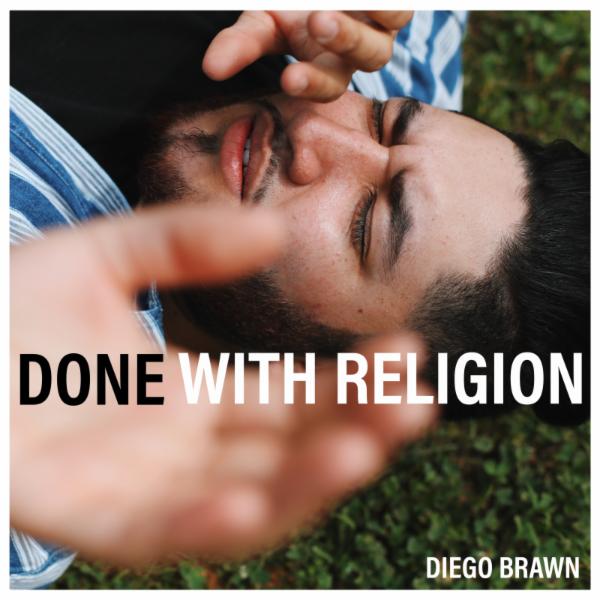By Mike Edwards
We have been told forever it seems that Jesus’ death on the Cross was to spare us from going to Hell to appease God’s anger about our sins. All we have to do is drop to our knees and say a prayer. Biblical scholars with interpretation expertise suggest many explanations about Jesus’ death. See here. Salvation isn’t about a future event but present living. Genuine spiritual or human relationships can’t be built on fear and anger rather than love and grace.
What did Jesus say was the most important?
When Jesus was asked what were the greatest commandments or how to have eternal life, He didn’t talk about a future destiny. He said to start loving God and your neighbor as yourself (Lk.10:25-37; Mt. 22:37-40). God isn’t full of themselves. Loving God inspires loving others to the fullest. Jesus simply commended Zacchaeus for recognizing a journey necessary to avoid personal destruction because of sin. Jesus cared about life here on earth (Lk 19). Jesus told the woman who had committed adultery: “go now, and leave your life of sin” (John 8). Sin destroys and doesn’t lead to personal happiness in the long-run!
But doesn’t the Bible say fear God?
A survey of the times “fear of God” is encouraged in the Bible suggests fearing God was intended for those who don’t fear evil. God’s anger was against wickedness. God’s anger is simply a side of God’s love to steer one away from personal and worldly destruction. God hates what evil does to us. Human parents warn their children and show disgust for actions leading to destruction of others. God’s love, not their wrath, was center stage in Scriptures (I John 4:8).
God cares the most about doing good not evil
Dennis Prager argues in the Bible God cares the most how you treat others. Are you going to do good or evil in your relationships? He illustrates how this was God’s greatest desire from the beginning. Only in the Bible’s story did God destroy mankind because people were evil. According to the contemporaneous ancient Near East Babylonian story, the Epic of Gilgamesh, the gods destroyed humanity (except for a man named Utnapishtim) because humans made so much noise they kept the gods awake. Many other passages illustrate God cares the most about doing good.
How can we do the most good?
Most understand the importance of treating others like you want to be treated. When others mess up, you want them to at least admit their wrongs and make amends. Easier said than done. Surely a loving God seeks to influence and encourage us to pursue heavenly than worldly ways here on earth. God seeks to empower us to be the unselfish people we deep down desire to be. Jesus sought to inspire us to seek God’s help in loving others for the good of the world. Godly living is what leads to true happiness. God is dying to help you and others have fewer relational regrets by living a meaningful life.
What Does God Care About The Most?

Mike Edwards has been writing for Done with Religion for some time and has been a great addition to the site. Mike also has his own site where he writes that can be found at What God May Really Be Like He can be contacted by email at: medwar2@gmail.com

























